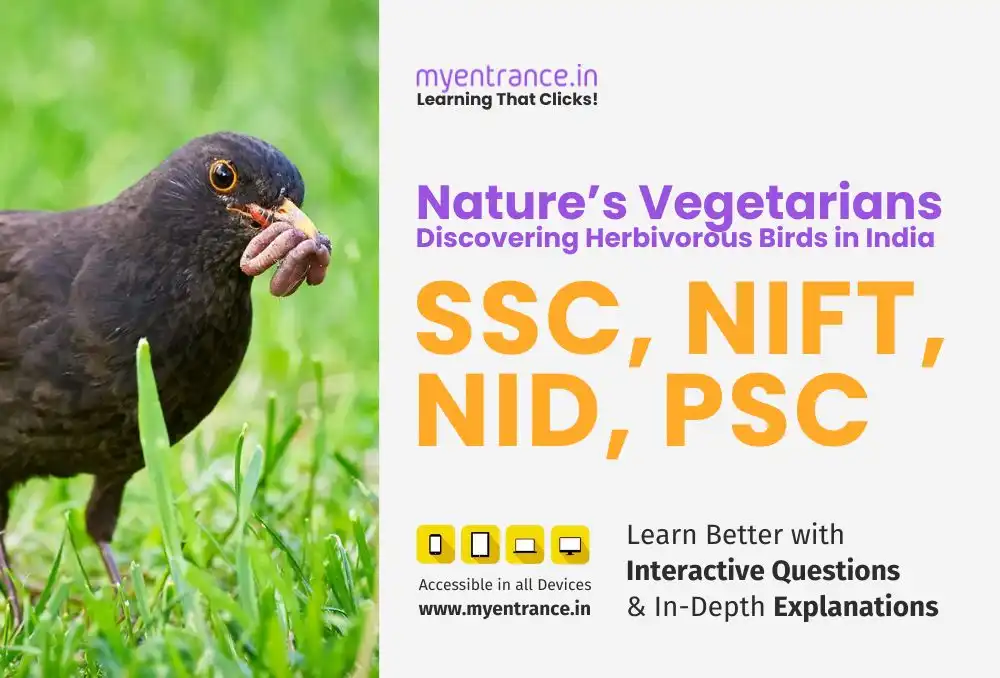Select Language
Nature’s Vegetarians: Discovering Herbivorous Birds in India
Explore India’s incredible herbivorous birds – rare plant-eaters with astonishing adaptations. Learn to spot swans, parrots, and other vegetarian avians in the wild!
Did you know less than 3% of bird species survive purely on plants? These rare herbivores boast specialized beaks for shredding leaves or seeds and unique gut microbes to break down tough plant fibers – evolutionary marvels that let them thrive on greens!
Though their digestive systems resemble omnivorous birds, herbivores adapt uniquely. As Animal Wised notes, their tongues mold to beak shapes (parrots sport hard, fleshy tongues!). With no teeth, food rushes straight to their digestive tract, processing meals swiftly. Surprisingly, most lack gallbladders – an organ common in other vertebrates.
How Herbivorous Birds Dine
Their diets split into fascinating niches:
Frugivores (fruit lovers) spread seeds through droppings.
Granivores crack seeds with strong beaks and grind them in gizzards.
Sapsuckers tap tree sap for sugars and minerals.
Nectarivores sip nectar via slender beaks, pollinating flowers.
Folivores digest leaves like miniature cows!
5 Vegetarian Birds to Spot in India
Swans: Graceful grazers munching lakeside grass and aquatic plants.
Parrots: Masters of seed-cracking and fruit-scooping with curved beaks.
Geese/Ducks: Species like Swan Geese feast on roots, seeds, and pond greens.
Pigeons/Doves: Urban seed-eaters that naturally prefer grains and fruits.
Hummingbirds: Needle-beaked nectar-sippers fueling their dazzling flights.
Bonus Wonders
Meet the extremes: Africa’s Common Ostrich (largest herbivorous bird) and Cuba’s Bee Hummingbird (tiniest plant-eater on Earth)!
Most Predicted Questions
Comprehensive study materials, Expert-guided tips & tricks, Mock tests and instant results.
Start your SSC, NIFT, NID, FDDI, PSC journey today with MyEntrance, your ultimate online coaching platform.








